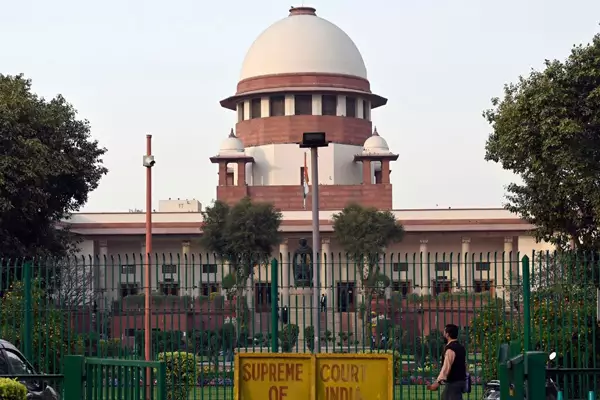The Supreme Court is set to review the legitimacy of using the Money Bill route for passing certain legislation.
About Money Bill:
- A Money Bill deals specifically with the subjects listed in Article 110 (1) (a) to (g) of the Constitution.
- It includes issues related to taxation, government financial obligations, the Consolidated Fund, the Contingency Fund of India, and any matters incidental to these subjects.
Legislative Process:
- Introduced solely in the Lok Sabha and requires the President’s assent.
- The Rajya Sabha plays a recommendatory role and must revert within 14 days; its recommendations can be accepted or rejected by the Lok Sabha.
- The Speaker of the Lok Sabha certifies a Bill as a Money Bill.
Implications and Precedents:
- Enables fast-tracking of legislation, often bypassing detailed scrutiny by the Rajya Sabha.
- Notable legislation passed as Money Bills include the Aadhaar Act, 2016, and Finance Act, 2017, among others such as amendments to the Prevention of Money Laundering Act and the Foreign Contributions Regulations Act.
Ref: Source
| UPSC IAS Preparation Resources | |
| Current Affairs Analysis | Topperspedia |
| GS Shots | Simply Explained |
| Daily Flash Cards | Daily Quiz |
Frequently Asked Questions (FAQs)
What is a Money Bill?
A Money Bill specifically addresses issues like taxation, government financial obligations, and funds such as the Consolidated Fund and Contingency Fund of India, under Article 110(1) (a-g) of the Constitution.
How is a Money Bill introduced and passed in Parliament?
A Money Bill can only be introduced in the Lok Sabha, requires the President’s assent, and the Rajya Sabha has a recommendatory role, returning it within 14 days.
Can the Rajya Sabha amend a Money Bill?
No, the Rajya Sabha cannot amend a Money Bill but can make recommendations, which the Lok Sabha may accept or reject.
What is the role of the Speaker in the context of a Money Bill?
The Speaker of the Lok Sabha has the authority to certify a Bill as a Money Bill, which is crucial for its legislative process.




